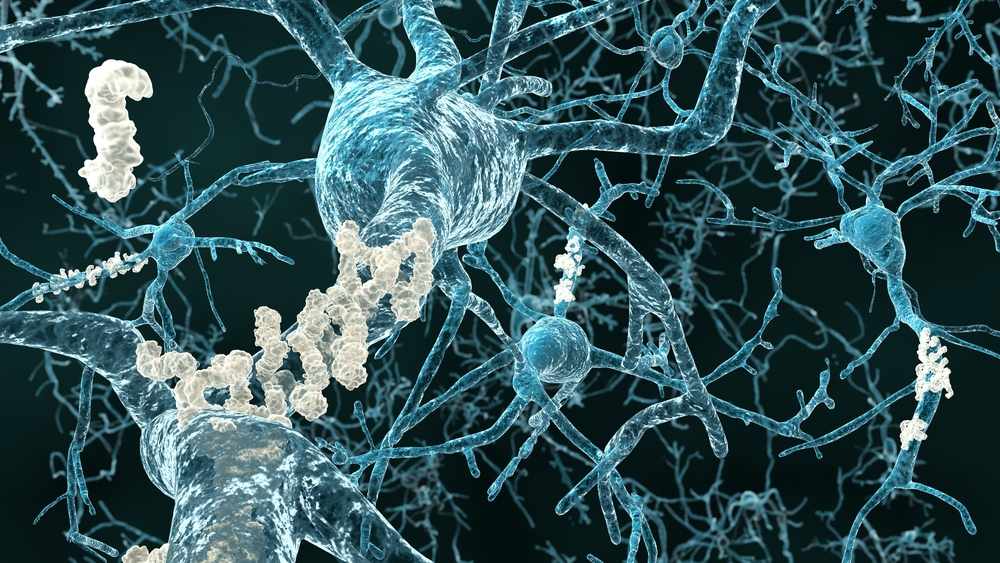-
Neurosciences
Mayo Clinic expert offers perspective on experimental Alzheimer’s disease drug

According to drugmakers Eisai and Biogen, a Phase 3 clinical study on a potential new Alzheimer's disease drug shows promise. The study findings show that the drug, lecanemab, reduced clinical decline of people with Alzheimer's disease by 27% compared with a placebo after 18 months of treatment.
"This is very good news for Alzheimer's disease patients and their families," says Dr. Ronald Petersen, a neurologist and director of Mayo Clinic's Alzheimer's Disease Research Center. "While this is not a cure for the disease, it represents a step in the right direction by slowing cognitive decline."
A monoclonal antibody, lecanemab shows promise in removing amyloid plaques from the brain. Plaques are one of the defining features of Alzheimer's disease.
Dr. Petersen adds: "These data suggest that we can intervene on the amyloid process and slow it down. Now, we need to move earlier in the disease process to treat people who are amyloid positive but clinically normal."
The study included 1,795 participants with early Alzheimer's disease in Japan, the U.S., Europe and China.
The drugmaker has requested accelerated approval from the Food and Drug Administration (FDA). The study results will be presented at the Clinical Trials on Alzheimer's Congress (CTAD) in November and is expected to be published in a peer-reviewed medical journal.
"We look forward to additional data from this study and other studies investigating disease-modifying therapies that will attack the underlying disease process itself," says Dr. Petersen.
Alzheimer's disease is a progressive neurological disorder affecting about 6 million people in the U.S and over 55 million people worldwide. This number is projected to rise to 139 million globally by 2050. Alzheimer’s disease is the most common cause of dementia.
Brain changes associated with Alzheimer's disease can lead to growing trouble with:
- Memory
- Thinking and reasoning
- Making judgments and decisions
- Planning and performing familiar tasks
- Changes in personality and behavior
There is no cure for Alzheimer's disease. Medication may temporarily improve or slow progression of symptoms.
On average, people with Alzheimer's live between three to 11 years after diagnosis, though some may survive for more than 20 years.
In the study, brain swelling was seen in 12.5% of those who received the medication, compared to 1.7% in the placebo group, according to the drugmakers. Many of those patients, however, did not experience any related symptoms. Of those in the lecanemab group, 2.8% experienced symptoms. The frequency of brain hemorrhages was 17% in the lecanemab group and 8.7% in the placebo group, with very low rates of symptomatic hemorrhages.
Overall, the frequency of bleeding or swelling in the brain was 21.3% in the treated group compared to 9.3% in the placebo group. The prevalence of the side effects was lower than in similar experimental drugs. With monitoring by a physician, these side effects appeared to be manageable.
The drugmaker has requested accelerated approval from the U.S. Food and Drug Administration (FDA). The study results will be presented at the Clinical Trials on Alzheimer's Congress (CTAD) in November and is expected to be published in a peer-reviewed medical journal.
Disclosures
Dr. Petersen has previously consulted with Biogen and Eisai. He was not involved in the design or execution of clinical trials for lecanemab.
Read more about Alzheimer's disease and dementia:
- New computational model proposed for Alzheimer’s disease.
- Mayo Clinic Minute: Reducing dementia risks.
- Mayo Clinic expert provides tips for reducing dementia risk.







